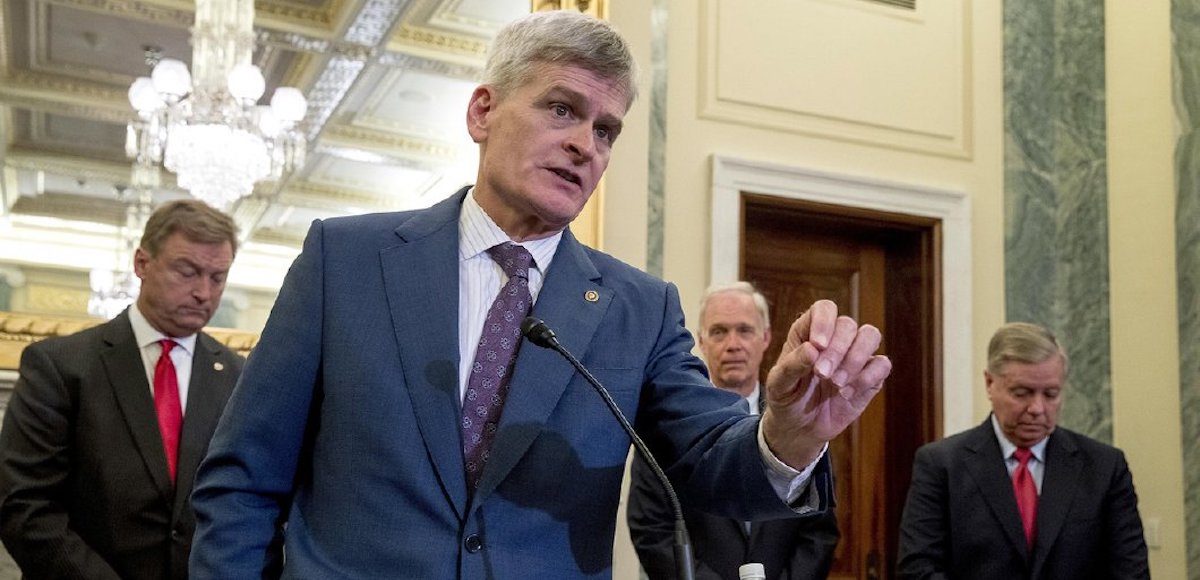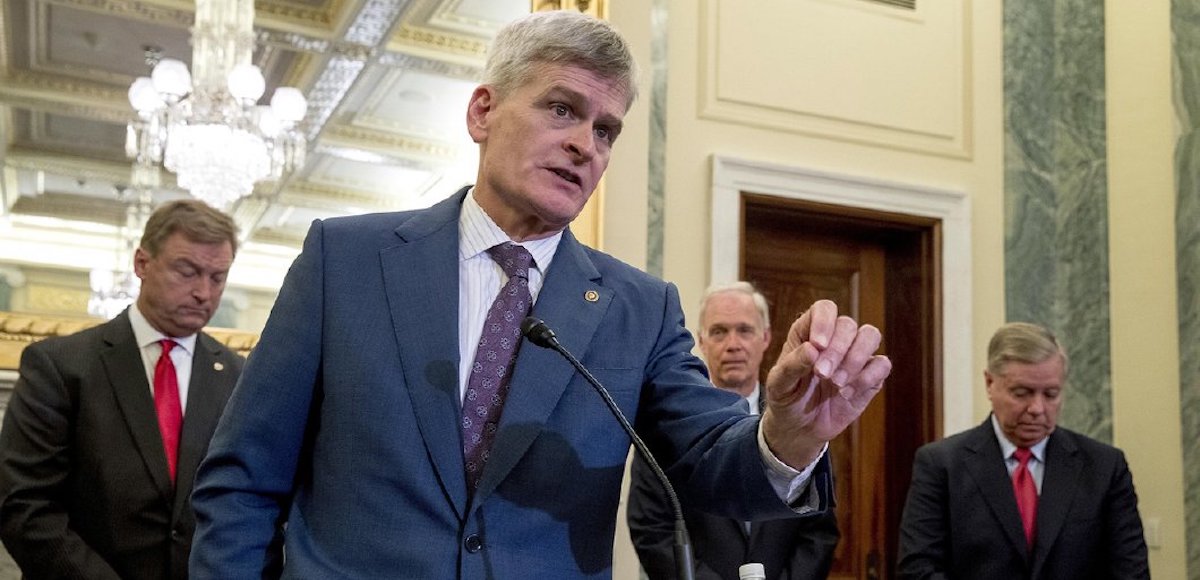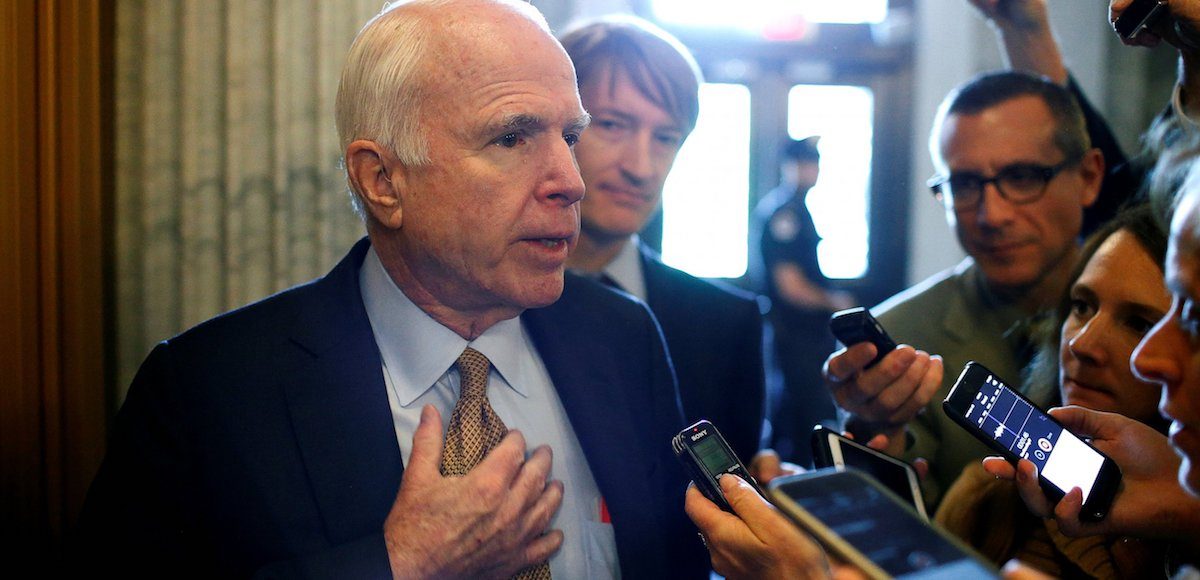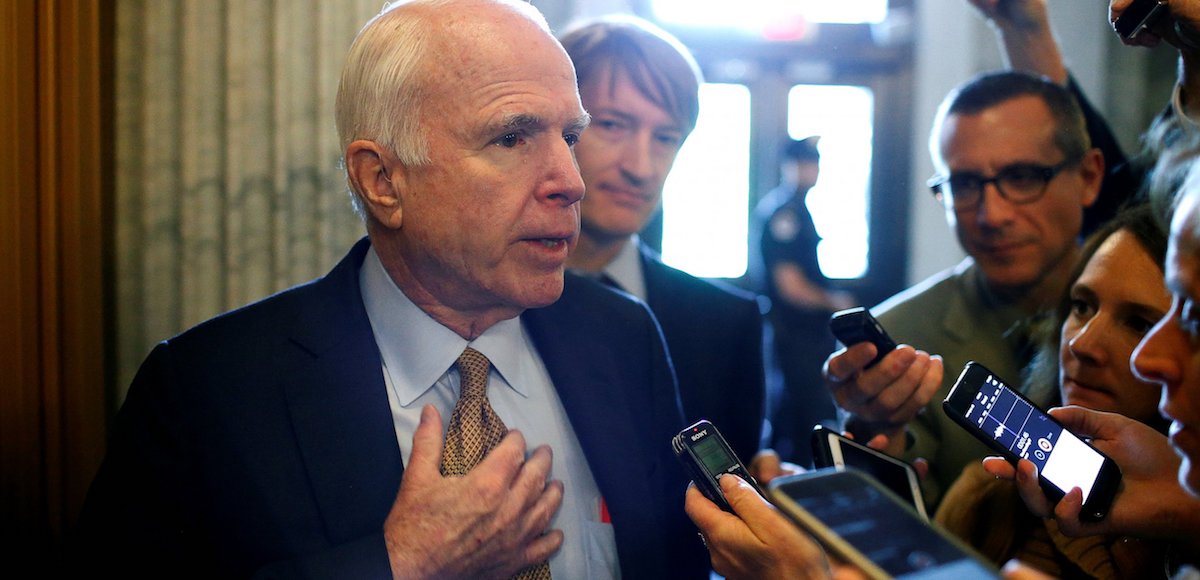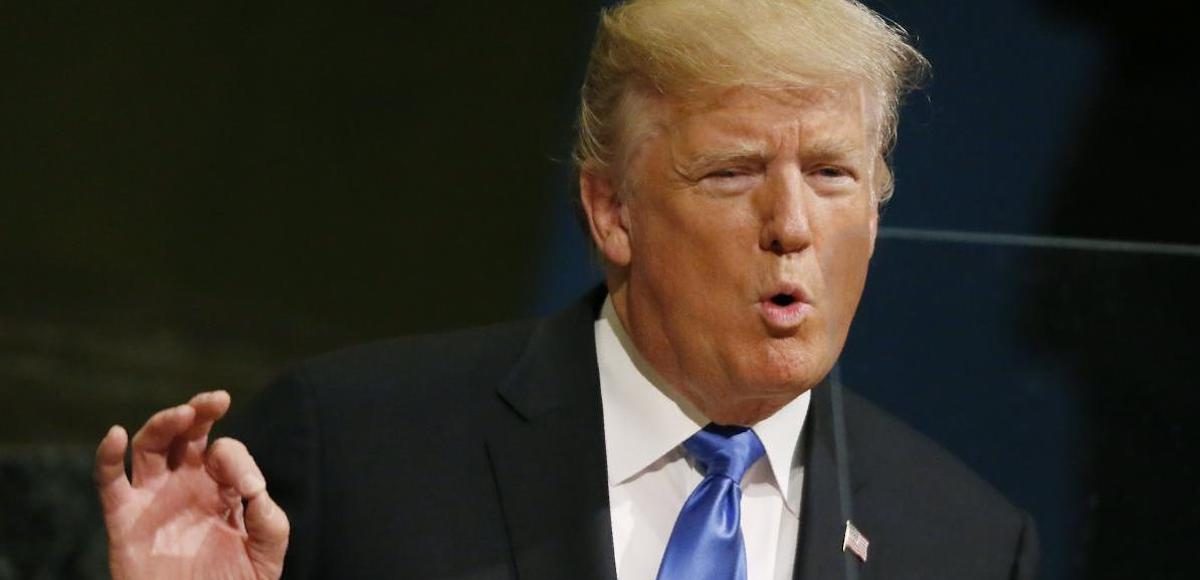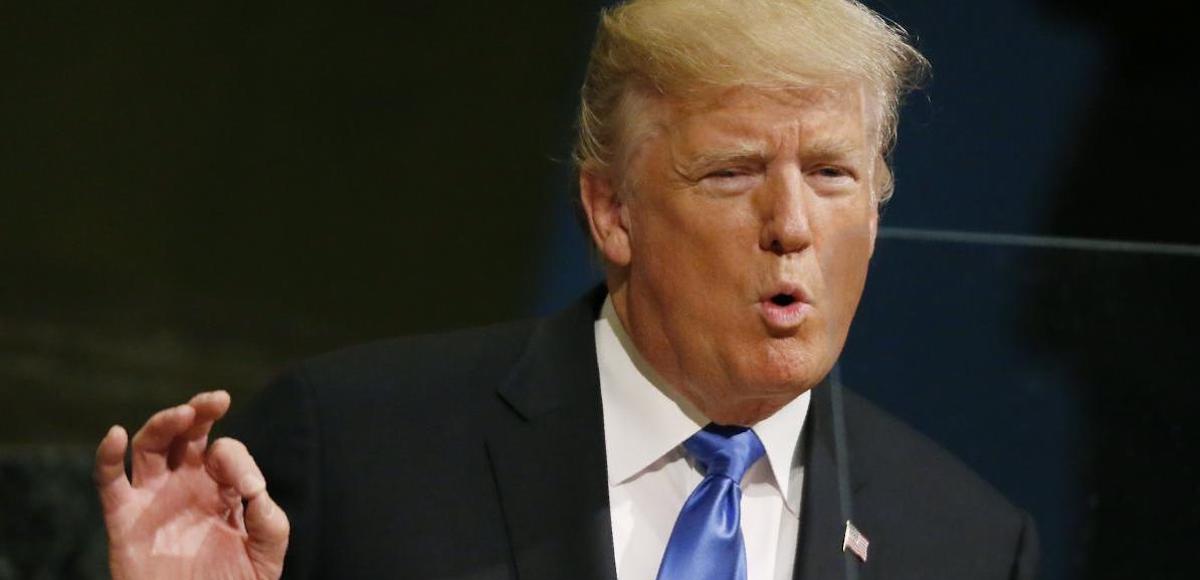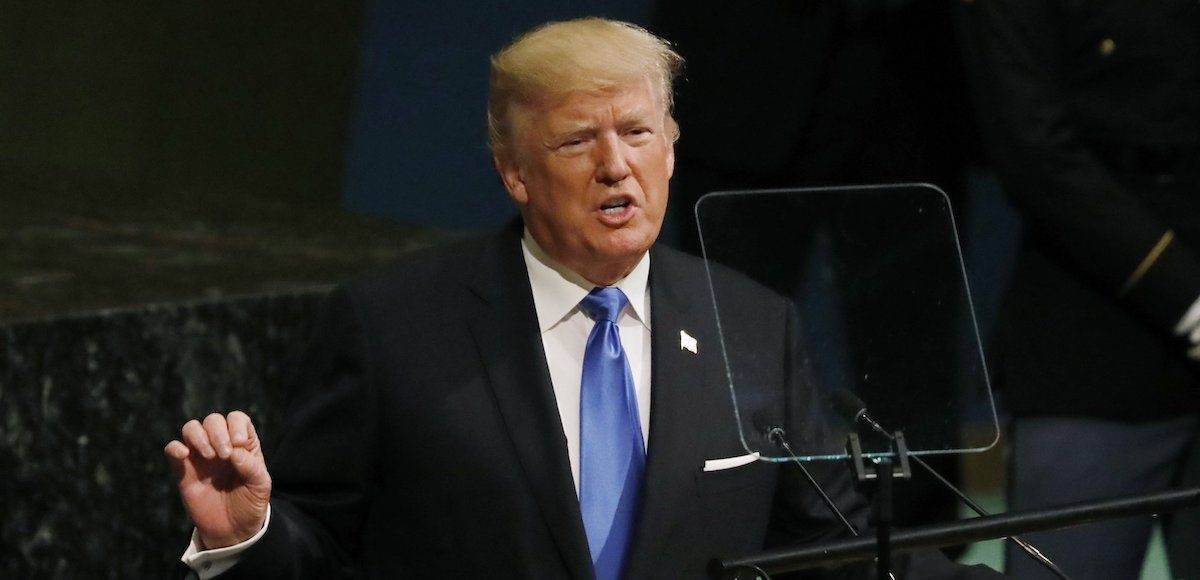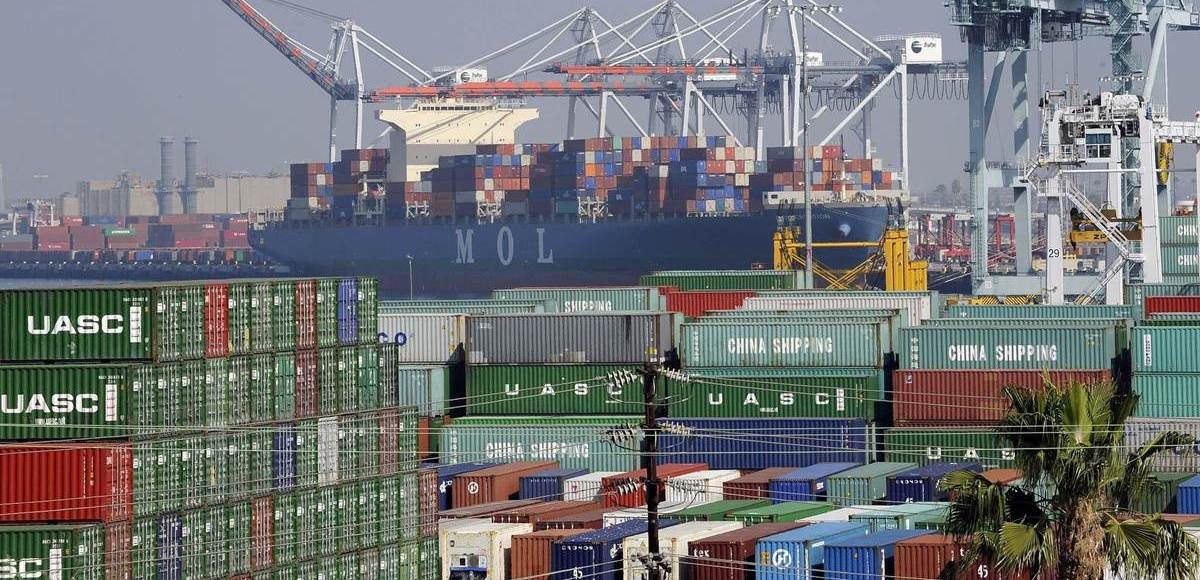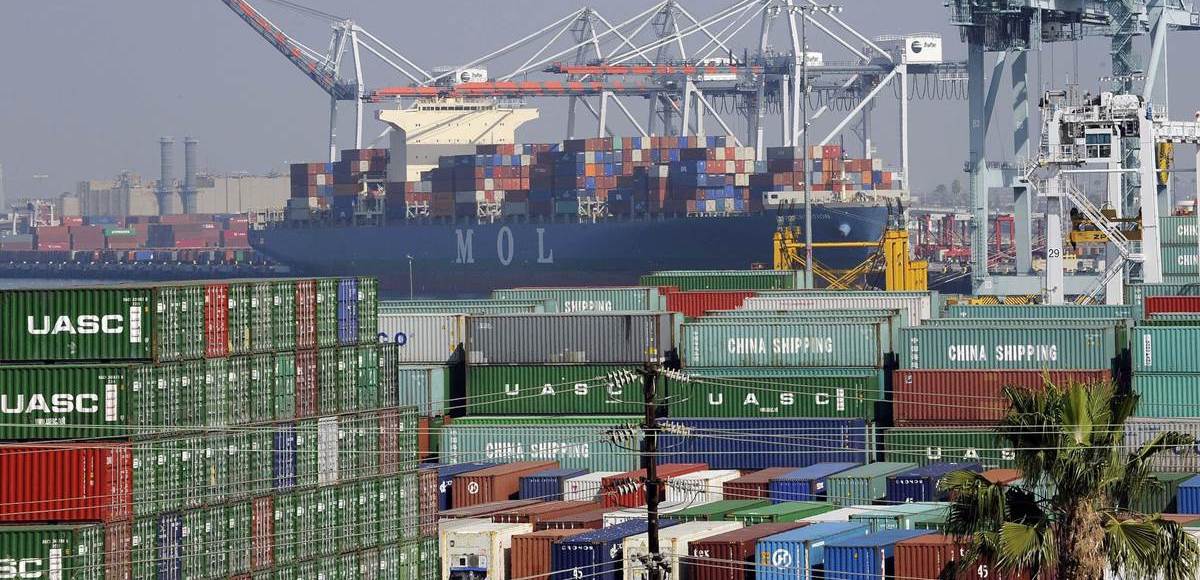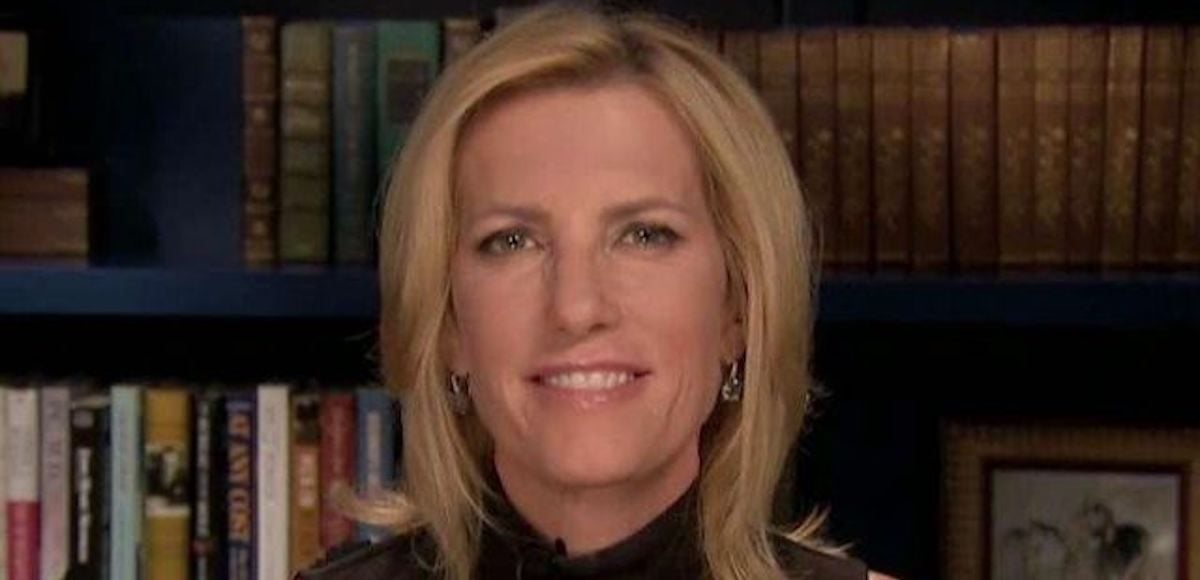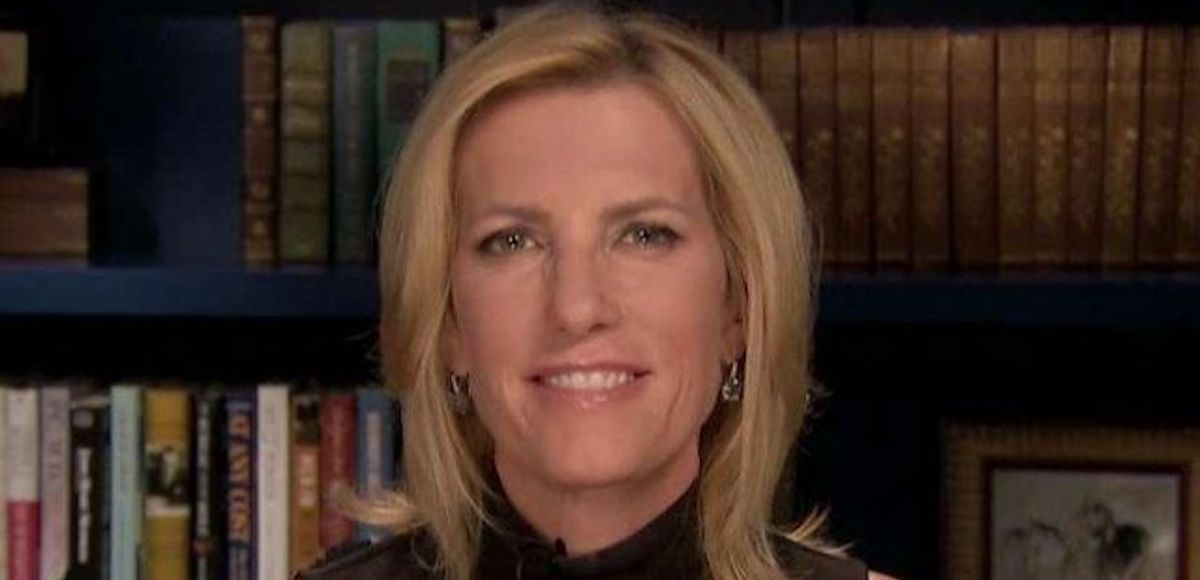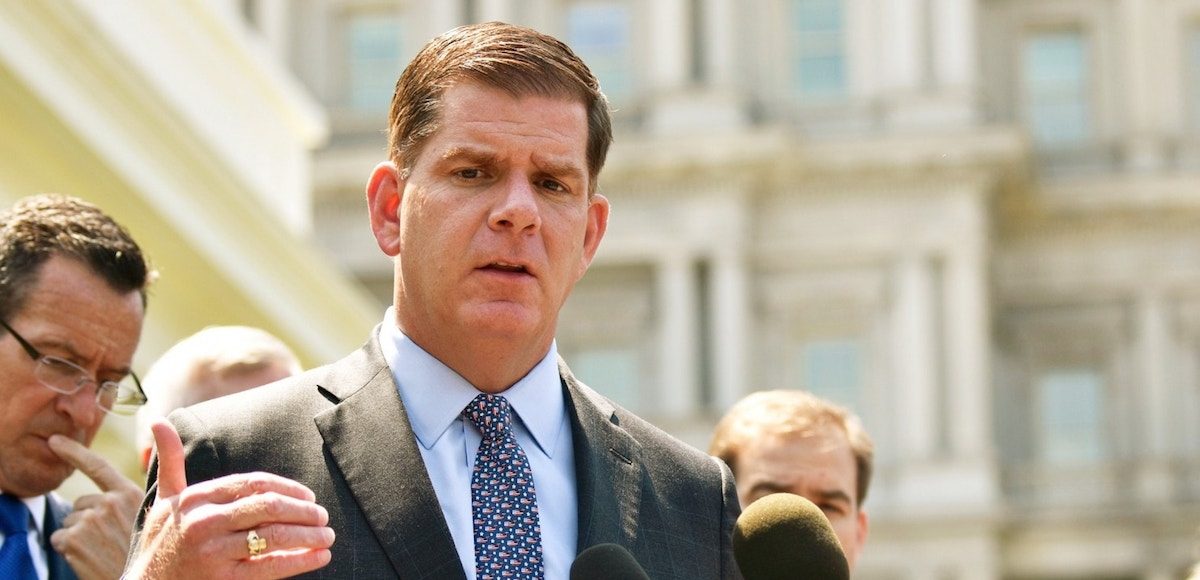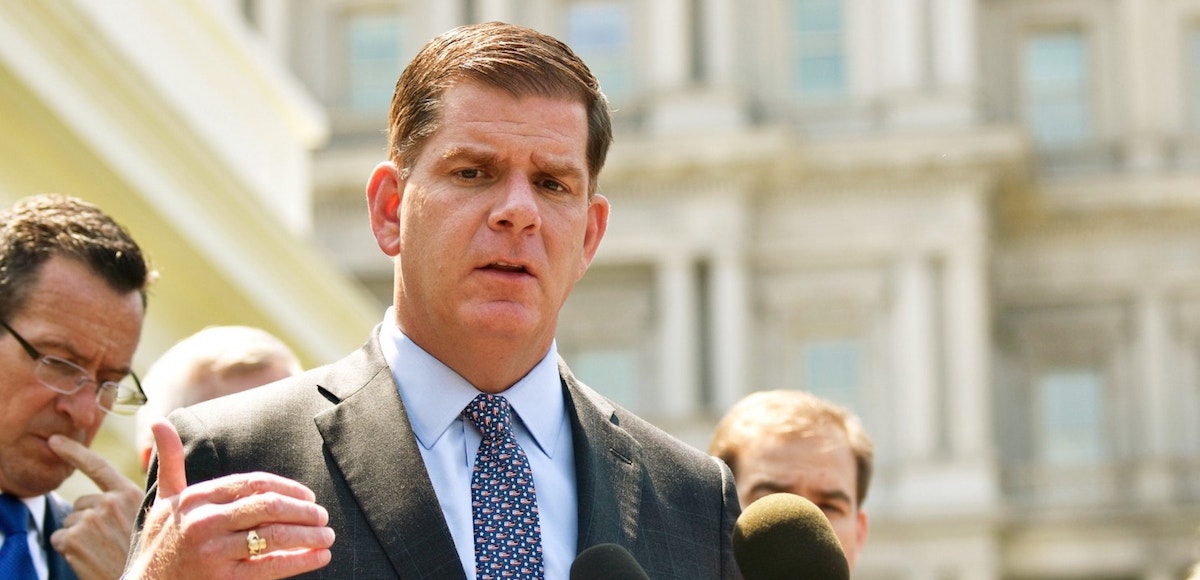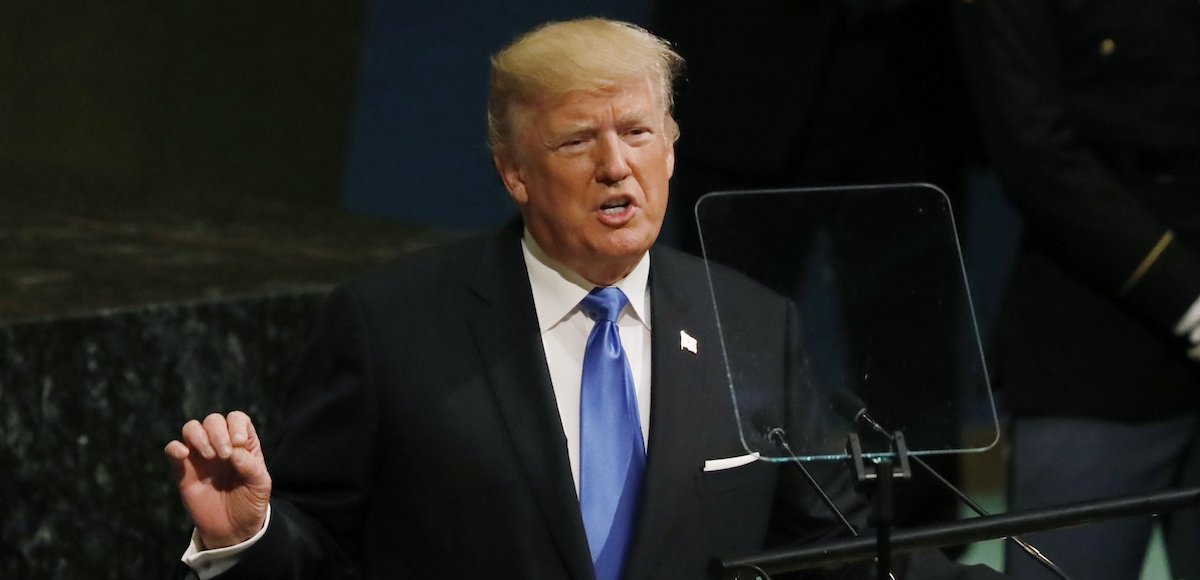
U.S. President Donald Trump addresses the 72nd United Nations General Assembly at U.N. headquarters in New York, U.S., September 19, 2017. (Photo: Reuters)
President Donald Trump addressed more than 150 international delegations at the UN General Assembly for the first time on Tuesday, laying out the tenets of what he calls principled realism.
He began the clearly-themed speech by explaining America first in a way members have not yet heard.
“As President of the United States, I will always put America first just like you, the leaders of your countries, should put your countries first,” President Trump explained.
The roughly 40-minute address defined the United States (US) as a nation reluctant but not unwilling to use its massive military power, and urged the UN to adopt reforms that will make it more effective in realizing the goals of its Charter. It placed a strong emphasis on international cooperation to combat shared threats on a rational basis, while respecting individual national sovereignty.
“The UN was founded after two world wars to better shape the world,” he said. “Our success depends on a coalition of strong and independent nations that embrace their sovereignty to promote security, prosperity and peace for themselves and for the world.”
Burden Sharing & Cooperation
As he did on Monday, President Trump told the international delegations at the assembly they should no longer expect hollow demands for burden sharing.
“The United States will forever be a great friend to the world and especially to its allies,” he said. “But we can no longer enter into a one-sided deal where the U.S. gets nothing in return.”
The U.S. is far and away the largest provider of financial contributions to the UN. In 2015, the U.S. provided 22% of the UN budget and 28% of the peacekeeping budget. Meanwhile, China pays just 8% and Russia pays around 3%. The disparity gives the U.S. great leverage over the UN, which past presidents have been hesitant to use.
“This is our hope: we want harmony and friendship, not conflict and strife,” he said. “We are guided by our outcomes not our ideology.”
Continuing his call for fairness, Mr. Trump mentioned global trade deals that cost millions of American jobs.
“The U.S. middle class, once the bedrock of society, has been left behind,” he said. “They have been forgotten and they will never be forgotten again.”
Threats to Sovereignty “From Ukraine to the South China Sea”
North Korea, Iran and radical Islamic terrorism are lines in the sand in the Trump Doctrine of principled realism.
“We must reject threats of sovereignty from Ukraine to the South China Sea,” he said.
Threat – North Korea
President Trump argued that North Korea’s ballistic missile and nuclear weapons programs threaten the entire world. He called out cheater nations who violate unanimously passed UN Security Council resolutions imposing embargoes and trade restrictions on Pyongyang.
“It is an outrage that some nations will trade with the country and arm supplies to the country,” he said, warning if the regime continues to threaten the U.S. and to destabilize East Asia, the Trump Administration would be prepared to use overwhelming force.
“We will have no choice but to totally destroy North Korea,” President Trump said before calling against Kim Jong Un by a nickname he gave the leftwing communist dictator on Twitter last weekend.
“Rocket Man is on a suicide mission for himself.”
President Trump said the UN was founded to respond to and de-escalate these exact kinds of threats. The U.S. hopes force will not be necessary and that the UN will be effective.
“Let’s see how they do,” he said. “It is time for North Korea to realize that denuclearization is the only acceptable future.”
Threat – Iran
President Trump then took aim at the Iranian government who masks “corrupt dictatorship” while its oil profits go to Hezbollah and other terrorists who kill innocent Muslims and attack their peaceful Arab and Israeli neighbors. He said the Iran Nuclear deal was one of the “worst and most one-sided transactions the United States has ever done.”
“We cannot let a murderous regime continue these destabilizing activities and abide by an agreement if it provides for an eventual nuclear program.”
He called the Iran nuclear deal one of the “worst and most one-sided transactions the United States has ever done.” Thus far, the Trump Administration has reaffirmed the deal in the hopes the UN makes strides in confronting Iran’s terror-sponsorship. Iran is the leader in state-sponsored terrorism.
“Frankly, that deal is an embarrassment to the United States,” he said, indicating he will soon reverse his affirmation of the deal if progress is not made.
Threat – Venezuela
The president turned his attention to Venezuelan President Nicolás Maduro, whom he called a “socialist dictator.” He called for the full restoration of democracy in Venezuela.
“Maduro has inflicted pain and suffering of the good people of this country,” Mr. Trump said, adding that the situation in Venezuela is unacceptable.
“We and all others have a goal,” he said. “That goal is to help them regain their freedom and restore their democracy.”
He thanked the UN for condemning the regime and providing support to Venezuela. The Trump Administration has unilaterally leveled two rounds of sanctions related to the crisis, one against Maduro himself and another again the regime.
“The problem in Venezuela is not that socialism has been poorly implemented. It’s that socialism has been faithfully implemented,” he said, a remark that received a tepid response from members of the leftwing globalist delegation. “Wherever true socialism and communism has been adopted it has brought true devastation and failure.”
Refugees
On refugee resettlement, the President said the U.S. is a compassionate nation that has pledged billions of dollars, but the preferable policy would be to relocate those fleeing their homes to safe zones.
“We support the recent agreements of the G20 nations that will seek to host refugees as close to their home countries as possible,” the president said.
He argued that uncontrolled migration is “deeply unfair” to both the receiving and sending countries. It drains home nations of the human capital badly-needed to motivate leaders to implement stabilizing reforms.
Duty to Act
It defined this moment in history as one in which a failure to meet current challenges will not be met with mercy by the tide of events. He said leaders have a duty to fulfill their sovereign duties to the people they represent, which includes meeting threats head on.
“We live in a time of extraordinary breakthroughs in technology,” President Trump said. “It is entirely up to us to whether we lift the world to new heights or let it fall into a valley of disrepair.”
Trump says after we and our allies emerge from the bloodiest war in history, we did not seek territorial expansion or attempt to impose our way of life on others but we instead help build institutions like the UN.
“We will slide down the path of complacency or do we have enough strength and pride to confront those dangers today so our citizens can live safely.
Trump says we must fulfill our sovereign duties to the people we represent.
“If the righteous many do not confront the wicked few, then evil will triumph,” he said, warning that the world cannot afford civilized nations to become “bystanders to history.”
American Exceptionalism
President Trump closed out his address to the UN General Assembly by asking a question: “Are we still patriots?” He asked leaders if they all revere their country’s citizens enough to take action He said Americans have demonstrated that they will rise to meet threats when they realize what they’ll give up as a result of inaction. Its people will give their lives to defend its values.
“The American story is the story of what is possible when people take ownership of their future,” he said. “Our hope is a world and world of proud independent nations trying to make this world a better place to the people on this earth.”
Read Also – Trump to United Nations: Socialism Brings ‘Devastation and Failure’


